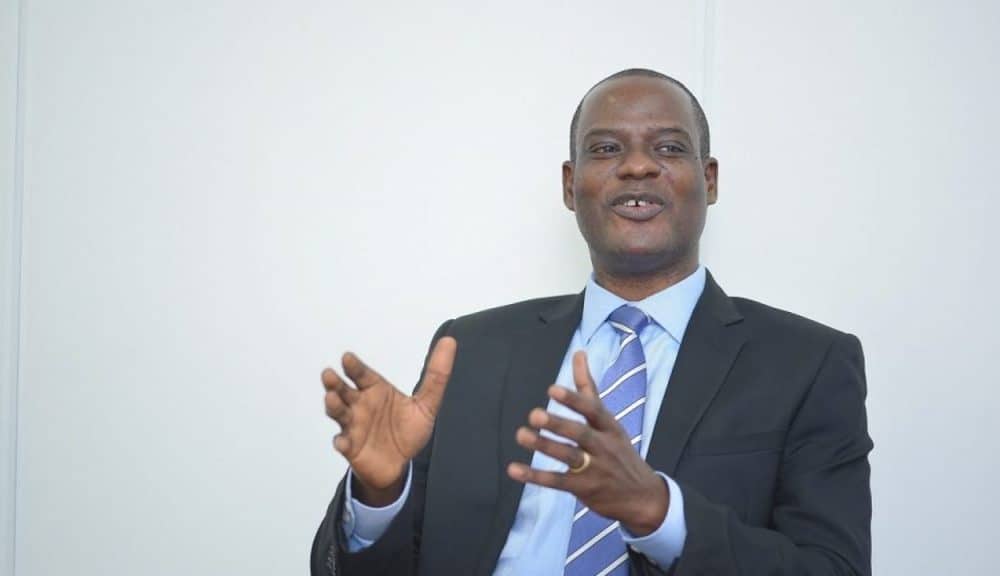The Chairman of the Presidential Committee on Fiscal Policy and Tax Reforms, Taiwo Oyedele, says the prpopsed Tax Reforms by President Bola Tinubu are urgent because they are targeted at bringing relief to Nigerians who have been overburdened by the existing tax regime.
Oyedele observed that the bill is targeted at addressing the challenges of rising inflation, business burdens, and economic hardships many Nigerians and businesses operating in the country are facing.
He said if approved, the reform would bring relief and eliminate over 200 unofficial taxes being paid by Nigerians.
Speaking during an interview with Arise News on Wednesday, the chairman of the tax reform team assured that the proposals which are currently before the National Assembly, are in the best interest of Nigerians.
Despite the controversies that have greeted the Tax Reform Bills, Oyedele maintained that the reforms are critical for promoting fairness, addressing economic challenges, and improving Nigeria’s fiscal policy framework.
“We are at a stage today where the majority of people are struggling—small businesses face over 60 official levies and taxes, over 200 unofficial ones,” he said. “If you want to provide relief for your people, you should do it in a hurry because it’s urgent; it’s an emergency,” he said.
Oyedele explained that the current Value Added Tax (VAT) allocation formula, which is 20% based on derivation, 50% equality of states, and 30% population is flawed.
He cited the litigation initiated by Lagos and Rivers States to back his claim.
“Most likely, if we get the judgement from the supreme court, it will say states should administer it,” he said.
“When a state administers VAT, then it becomes 100% derivation. It is important for us to understand that our proposal to move derivation to 60% is actually a middle ground. If we lose the opportunity of getting this 60% derivation, we are likely to end up with 100% derivation, which, to be honest, is not bad but is going to create a lot of problems for businesses and economic growth.”
Oyedele further explained that the current system attributes VAT revenue to states where payments are made rather than where consumption occurs, which disproportionately benefits Lagos State.
According to him, the proposals by Tinubu targets a fairer distribution method.
“To promote equity and stimulate economic activity across the country, the reform proposes attributing VAT to where consumption takes place and increasing the share of VAT revenue states retain,” he said.
On the rejection by the state governors, Oyedele explained that attempts were made to bring the Governors up to speed, but they rarely get enough time during their meetings.
“We also had engagement with the governors themselves, but you would imagine that if you manage to get the airtime to speak to governors, either through the governors’ forum or the national economic council, they are unlikely to give you one hour or two hours, so there was a particular meeting where we got 15 minutes.
“We understand they have a very busy schedule, we also recognise that they may not be in the best place to deal with the technicalities of what we were dealing, that is why we spent more time with their finance commissioners and with the revenue service chairpersons across Nigeria,” he said.
He said the federal government is making some concessions, and the bill also targets eradicating multiple taxes.
According to him, there is no plan to engage consultants in collecting the taxes.
“We convinced the federal government to reduce its share of VAT from 15% to 10%, reallocating the remaining 5% to states,” he said. “This amount exceeds what states currently collect from multiple consumption taxes and ensures efficient, centralised tax collection.
“We want to outlaw cash payments of taxes and enable digital options like USSD, bank cards, and transfers,” he said. “Third parties can only assist with technology implementation, not tax collection,” he said.
